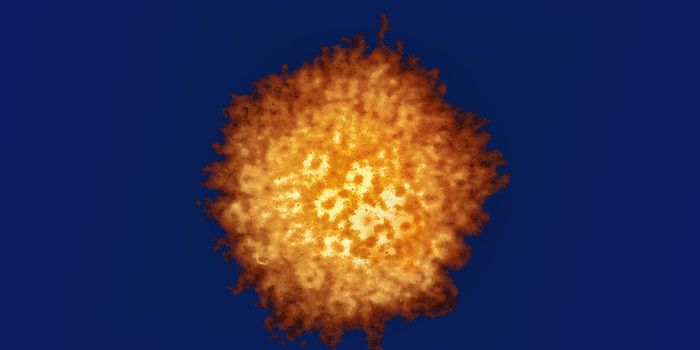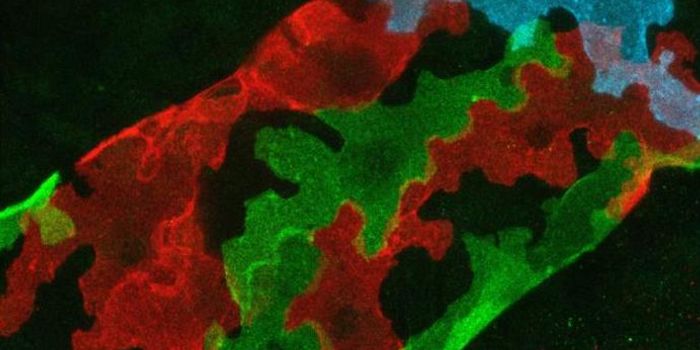The transmission of cancer from one animal to another is considered extremely rare. Such an event has been observed previously in only a few examples - tasmanian devils, hamsters and dogs. Scientists have now found, however, it seems to be a relatively common phenomenon among bivalves, a class of marine and freshwater mollusks.

Image 1 by Annette F. Muttray, Images 2 and 3 by David Iglesias
Scientists at Columbia University Medical Center (CUMC) in New York recently published
a study in Nature demonstrating that a cancer called disseminated neoplasia, a leukemia-like disease affecting bivalves in many areas of the world, can spread among individuals in sea water.
After they had observed contagious cancer spreading among soft shell clams, a team that was led by Stephen Goff, the Higgins Professor of Biochemistry in the Department of Microbiology & Immunology and the Department of Biochemistry & Molecular Biophysics at CUMC, then decided to investigate whether cancers seen in other shellfish might be originating from cells that are contagious. He explains the research in the video featured below.
The investigators analyzed the DNA composition of cancerous cells and normal tissue removed from mussels (Mytilus trossulus), cockles (Cerastoderma edule), and golden carpet shell clams (Polititapes aureus) that had been collected on the coasts of Canada and Spain. They found that the DNA in the cancerous cells was genetically distinct from the host; it had been caused by independent clones coming from somewhere else. Incredibly, in the carpet shell clam the cancer DNA indicated that it had derived from an entirely different species - a case of cross-species transmission of cancer.
"Now that we have observed the spread of cancer among several marine species, our future research will investigate the mutations that are responsible for these cancer cell transmissions," said Goff. The researchers saw five lineages of cancer in the mollusks they studied.
Just in case you are wondering, there is no evidence at all that these cancers could be transmitted to a human being, and clams don’t pose any new found danger to people. Contagious cancers, at least for now, seem to be limited primarily to their species of origin.
Contagious cancers are also different from what we typically think of as cancer. They are not passed on by oncoviruses - how cancer could be considered transmissible in humans - for example, Epstein-Barr virus. In the case of shellfish, a cluster of cancer cells is passed to another animal and it propagates disease. For now, it remains to be seen if more cases like this will be uncovered.
Sources:
Columbia University Medical Center,
Nature,
Eurekalert!/AAAS










